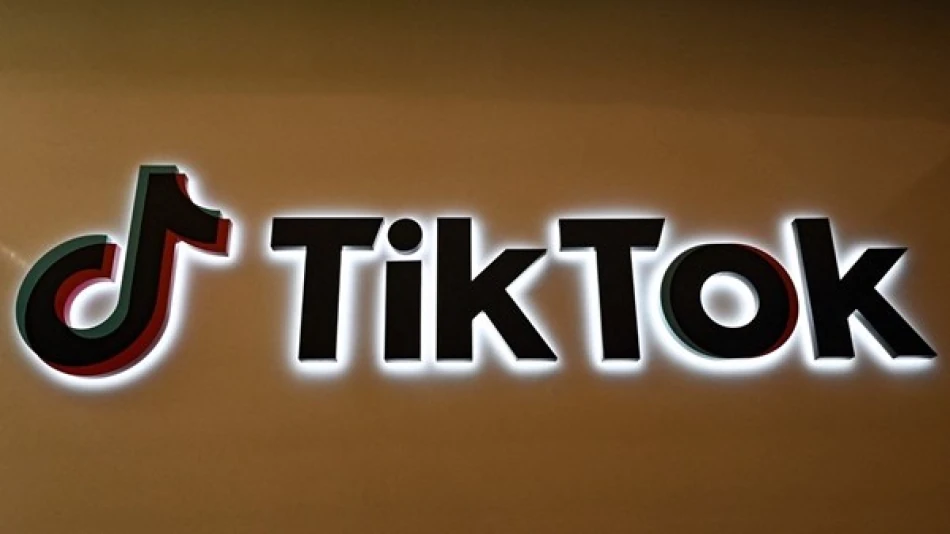
German Parliament Joins TikTok: Connecting with Digital Natives for Increased Transparency and Engagement
German Parliament Embraces TikTok Despite Security Concerns as Far-Right Dominates Platform
Germany's federal parliament, the Bundestag, plans to expand its social media presence by joining TikTok, marking a significant shift in how European democratic institutions engage with younger audiences. The decision comes as the far-right Alternative for Germany (AfD) party has already established a commanding presence on the platform, raising questions about whether mainstream institutions can effectively compete for digital influence.
Parliament Follows Government Lead on Chinese-Owned Platform
Bundestag President Julia Klöckner announced the initiative in Berlin, stating that when such a medium is available, "there is no point in not providing information about our work and presenting the parliament's activities on it." The move follows the German government's recent adoption of TikTok as an official communication channel.
With approximately 21 million monthly German users according to the Federal Office for Data Protection and Freedom of Information, TikTok represents a significant audience that traditional political communication channels struggle to reach. Globally, the platform boasts over 1.5 billion monthly active users, making it one of the world's most influential social media platforms.
AfD's Digital Advantage Pressures Mainstream Politics
The timing of this decision reflects growing concern about the AfD's digital dominance. As the first German political party to establish a strong TikTok presence, the populist right-wing party has built an unmatched following that other parties cannot currently rival. This digital asymmetry has become increasingly problematic as TikTok's algorithm-driven content distribution can amplify political messaging far beyond traditional media reach.
European Institutions Grapple with TikTok Dilemma
Germany's embrace of TikTok contrasts sharply with approaches taken elsewhere. The United States has pursued various restrictions and potential bans on the platform due to national security concerns over its Chinese ownership through ByteDance. Several European institutions, including the European Commission, have restricted employee access to TikTok on official devices.
However, the political reality of reaching younger demographics has forced a pragmatic recalculation. Similar to how banks and financial institutions initially resisted but eventually embraced digital currencies and fintech innovations, political institutions are finding that avoiding popular platforms may mean ceding influence to more agile competitors.
Strategic Implications for Democratic Engagement
From a governance perspective, the Bundestag's TikTok strategy represents a calculated risk. While the platform offers unprecedented access to younger voters who increasingly consume news and political content through short-form video, it also subjects parliamentary communications to the same algorithmic forces that can promote misinformation or extreme content.
The move signals that European democracies are prioritizing digital engagement over data sovereignty concerns—at least in the public-facing communications sphere. This pragmatic approach acknowledges that political influence increasingly flows through platforms controlled by foreign entities, whether Chinese-owned TikTok, American-owned Meta properties, or Elon Musk's X platform.
Market and Regulatory Implications
For investors and policy analysts, Germany's institutional adoption of TikTok suggests that European regulatory pressure on the platform may be less severe than previously anticipated. While data protection and content moderation concerns remain, the fact that core democratic institutions are actively choosing to engage rather than boycott indicates a more nuanced regulatory environment ahead.
This development also highlights the growing importance of platform-specific content strategies for political and institutional communications, potentially creating new market opportunities for digital agencies specializing in government and parliamentary communications across multiple social media ecosystems.
Most Viewed News

 Layla Al Mansoori
Layla Al Mansoori






